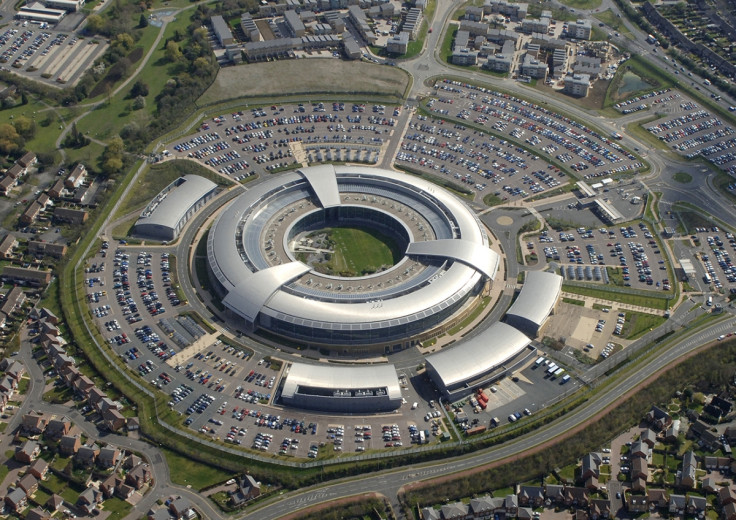GCHQ says UK has cyberweapons that can cripple hostile states
Theresa May visits Warsaw to discuss countering Russian disinformation.

Britain has developed a "full spectrum" of cyberweapons that can counter threats posed by states like Russia, Iran and China, parliament's intelligence watchdog has disclosed.
An annual report by the intelligence and security committee (ISC), which oversees the country's spy agencies, describes how Britain's cyber defence plans were ahead of schedule.
The Cheltenham based intelligence body GCHQ said its National Offensive Cyber Programme was producing "high-end deterrents" of different levels "right through to what we would say is the high end of counter state offensive cyber capabilities which might never be used".
Although not specified, the capabilities developed include being able to make another country's warplanes, ships and missiles malfunction.
The ISC, which oversees the work of GCHQ, MI5 and MI6, revealed there are fears that Britain's water supply, electrical grid and telecommunications systems were at risk by attacks from Isis.
However recent attacks on US central command made to look like Islamist attacks were in fact made by Russia "ostentatiously flexing its muscles towards the West".

In evidence presented to the ISC, MI6 said Russia was conducting information warfare, such as its propaganda effort that Russia had not responsibility for the shooting down of Malaysian Airlines Flight MH17.
The UK prime minister, Theresa May, is travelling to Warsaw on Thursday (21 December) to discuss collective efforts to counter Russian disinformation.
Andrew Parker, director-general of MI5, told the ISC Brexit was complicated relations with European allies working with the UK on security. "Half of Europe is scared of terrorism and the other half is scared of Russia, and both halves want us to help them," he said, according to the Times.
ISC chairman Dominic Grieve MP said diplomatic consequences would keep cyber attacks by countries like Russia, China and Iran in check in the past but that "recent Russian cyber activity appears to indicate that this may no longer be the case.
"This places an ever greater importance on ensuring the security of systems in the UK: detecting and countering high-end cyber activity must remain a top priority for the Government," he said, according to the Telegraph.






















